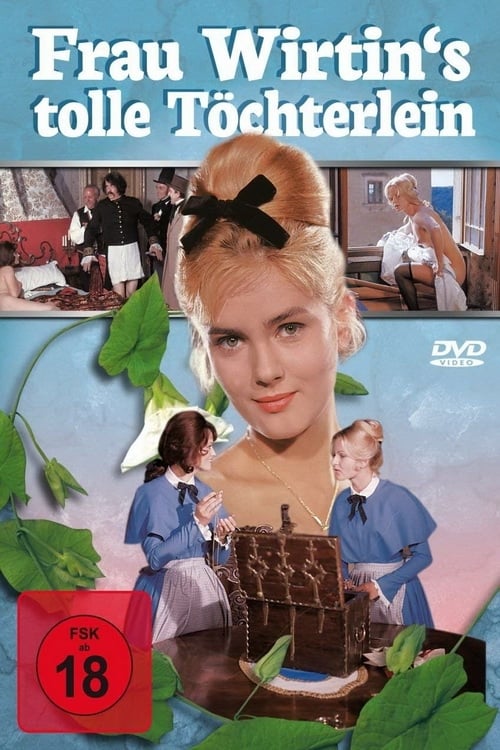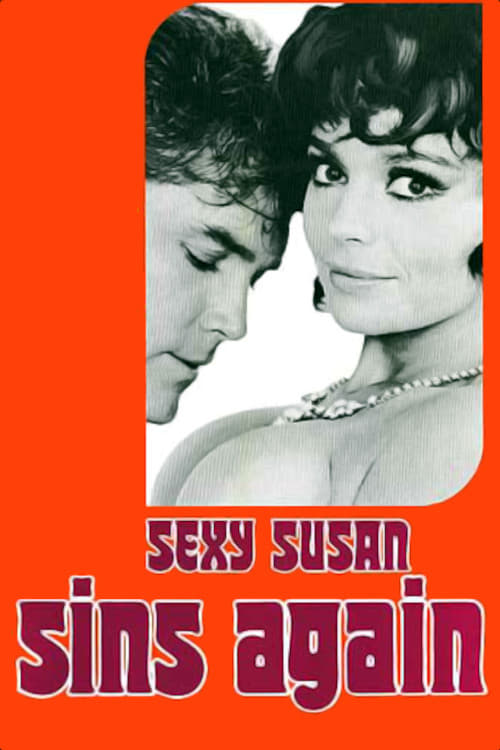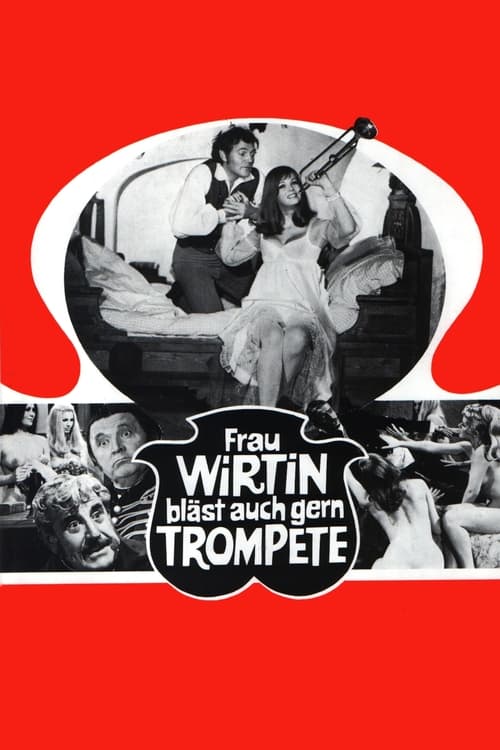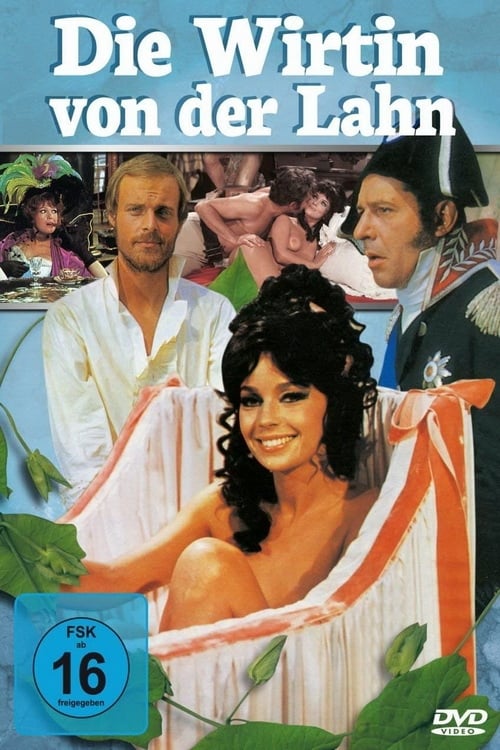Frau Wirtin Filmreihe(6)
These films focus on the intrigues and romantic entanglements of Napoleonic-era Europe, highlighting seductive women involved in dangerous political conflicts and complex love stories. The narratives include historical events and figures like Napoleon, blending comedy, mystery, and musical spectacle. The central female characters are bold, resourceful, and charming, often battling oppressive regimes and corrupt establishments, ultimately rising above their misadventures with wit and charm. Known for intricate plots, witty dialogue, and strong female leads, these films showcase lavish costumes and sets, capturing the fashion and glamour of the era. They have a devoted following worldwide, particularly for their captivating female protagonists navigating complex storylines set against stunning historical backdrops, inspiring timeless romance and adventure. The visuals and musical aspects enhance the overall allure and entertainment.

The Countess Died of Laughter (1973)
A man goes to a convent with exciting news, one of the nuns is an heir to a fortune! The man causes the nuns to become obsessed with him as he tries to find the right heir.

Sexy Susan Sins Again (1968)
The German innkeeper Susan, now leading an acting troupe, travels to Italy and uses feminine wiles to undo an assassination plot against Napoleon, and rescue a local count (a great romancer) from his own enemies.

House of Pleasure (1969)
Susanna travels to Paris with her small group of actors. There she saves Emperor Napoleon from rather painful predicaments, uncovers a number of nasty court intrigues and finds, with much skill and ability, the man of her choice.

The Landlady Also Likes to Play the Trumpet (1970)
Susanne is the hostess who gives comfort to the visitors to her hotel. All of the vices in the country are heavily taxed, including drinking and making love. Susanne and a group of nude women try to give some relief to the beleaguered and overtaxed clientele.

The Sweet Sins of Sexy Susan (1967)
The literal English translation of the German-titled film here is "The Hostess of the Lahn." Suzanne (Terry Torday) is the beautiful redhead who runs an inn in the town of Giessen. She is the subject of many inspirational love songs by the student population. The lyrics also reflect the Germans' resentment and hostility toward the French occupation by the army of Napoleon. Suzanne appears in various stages of undress.

